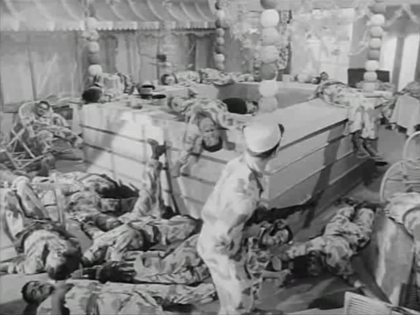
Revolution without illusion
The Marxist historian Mohammed Harbi spent a lifetime dismantling the myths of Algeria’s national movement and warning that anticolonial victories could harden into bureaucratic rule.

The Marxist historian Mohammed Harbi spent a lifetime dismantling the myths of Algeria’s national movement and warning that anticolonial victories could harden into bureaucratic rule.

What the presence of an unlikely trio of football icons at AFCON tells us about migration, African identity, and the histories that continue to shape the modern game

As Hollywood recycles pro-war propaganda for Gen Z, Youssef Chahine’s 'Djamila, the Algerian' reminds us that anti-colonial cinema once turned imperial film language against its makers—and still can.

A new season of the African Five-a-side podcast asks, “what is the greatest match in the history of men's African football?”

The conflict over Western Sahara is just one layer of the deep-rooted geopolitical battle for regional leadership between Morocco and Algeria.

France and Algeria remain locked in a cycle of reconciliation and rupture as the wounds of colonization continue to shape their uneasy relationship.

Grassroots activists and marine scientists in Algeria are building artificial reefs to restore biodiversity and sustain fishing communities, but scaling up requires more than passion—it needs institutional support and political will.

This week, Kamel Daoud became the first Algerian to receive France’s most prestigious literary honor. Yet, in Algeria, no one seems to care.

This month, Algeria quietly held its second election since Abdelaziz Bouteflika was ousted in 2019. On the podcast, we ask what Abdelmadjid Tebboune’s second term means for the country.

Removed from the facts, the firestorm around Algerian boxer Imane Khelif is the latest attempt by the right-wing in the West to find fodder for its culture war.

In North Africa, religion is being used to spread political and cultural influence.

Choosing to focus on denouncing Palestinian violence is akin to asking them to passively accept their fate—to die quietly and not resist.

In its first few years, the magazine 'Révolution Africaine' opened possibilities for Franco-Algerian cooperation. It was then co-opted by the state.

Fanon Studies has stubbornly failed to consider how Algeria may illuminate Frantz Fanon’s theoretical commitments.

Sahrawis are robbed of their agency by a zero sum game for influence between two regional rivals Morocco and Algeria.

Although he was a spokesperson for the Algerian National Liberation Front, Frantz Fanon’s ideas often came at odds with that movement’s political demands.

It will have to be the Algerian diaspora inside France who will eventually have to mainstream the truth of France's colonial legacy.

This week on AIAC Talk, we speak with Leswin Laubscher and Derek Hook about the phenomenology of Franz Fanon and the ways he is understood throughout different eras of time.

COVID-19 exposed and exacerbated inequality and insecurity in North Africa's food systems. But the roots of the current crisis can be found in the legacy of colonialism and new forms of imperialism.

One of the evolving themes about Algeria's Hirak movement is how it reinvigorated protest among Algeria's diaspora, including in the U.S.